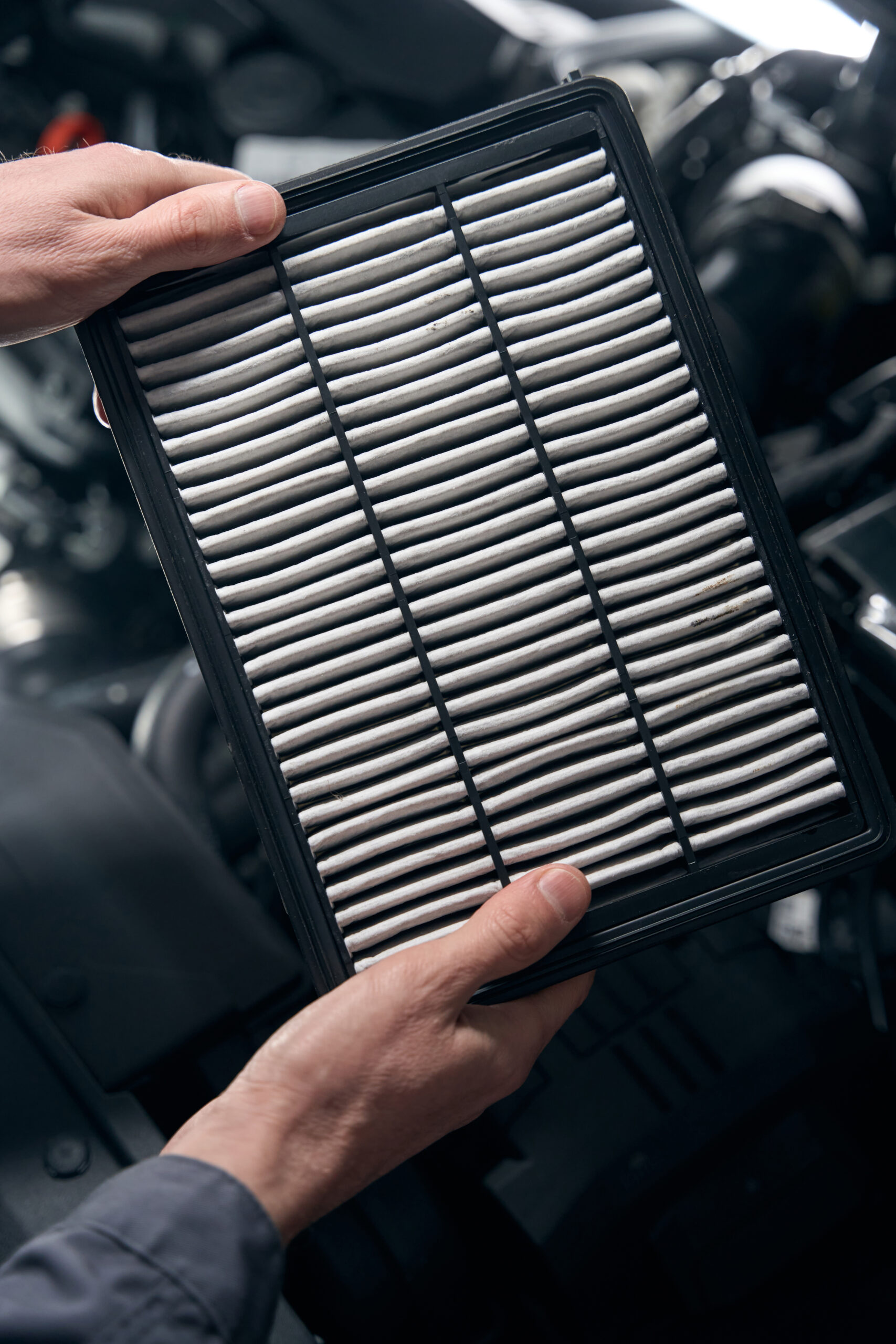When it comes to owning a car, many people tend to follow a “fix it when it’s broken” approach. While it might save you money in the short term, ignoring routine maintenance is like skipping doctor appointments and hoping you stay healthy forever — not exactly a safe bet.
Regular car maintenance is essential not just for extending the life of your vehicle, but also for your safety, your wallet, and even your peace of mind. Think of it as a wellness plan for your car — a way to prevent major issues before they turn into costly disasters.
What Is Regular Car Maintenance?
Regular car maintenance refers to scheduled services outlined in your vehicle’s owner’s manual. These include tasks like oil changes, tire rotations, brake inspections, and fluid checks. Some of these might sound trivial, but they all work together to keep your vehicle running smoothly.
The Big Benefits of Regular Maintenance
- Safety First:
Faulty brakes, worn-out tires, or a slipping transmission can turn your car into a hazard. Regular maintenance helps identify and fix these issues before they become life-threatening. - Save Money in the Long Run:
Preventative maintenance often costs a fraction of what major repairs do. A $40 oil change today could save you from a $4,000 engine replacement tomorrow. - Better Fuel Efficiency:
A well-maintained engine uses fuel more efficiently. Dirty filters and underinflated tires can reduce gas mileage, which means more money spent at the pump. - Increased Vehicle Lifespan:
Regular check-ups keep your car healthier for longer. That means more years of reliable transportation without shelling out for a new car prematurely. - Higher Resale Value:
If you ever plan to sell your car, a complete maintenance history makes it far more appealing to buyers. It’s proof the car’s been treated with care.
Don’t Ignore These Key Maintenance Tasks
- Oil Changes: The lifeblood of your engine. Change it every 3,000 to 7,000 miles, depending on your vehicle and oil type.
- Brake Checks: Squeaky or soft brakes are a red flag. Have them inspected at least once a year.
- Tire Rotations and Balancing: Uneven wear shortens tire life and can affect handling.
- Fluid Checks: Transmission, brake, power steering, and coolant fluids should be checked and topped off regularly.
- Battery Tests: A dead battery always picks the worst time to die. Test it, especially before winter.



Comments are closed